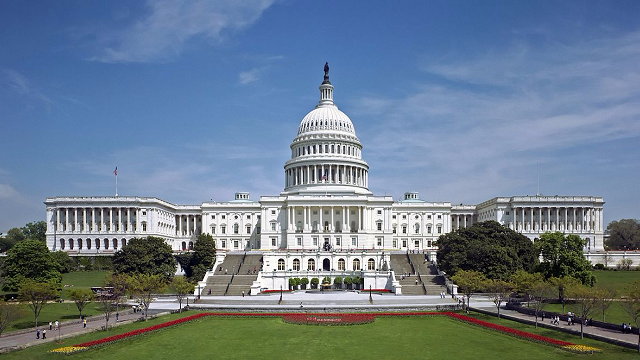 WIKIMEDIA, O.J.The U.S. government is now in its third day of a shutdown, as Congress has failed to agree upon a spending package. The Senate is scheduled to vote at noon today (January 22) on a bill to keep the lights on for several weeks while negotiations continue. In the meantime, thousands of federal employees at science agencies, among others, are on furlough, creating a ripple effect beyond their own departments.
WIKIMEDIA, O.J.The U.S. government is now in its third day of a shutdown, as Congress has failed to agree upon a spending package. The Senate is scheduled to vote at noon today (January 22) on a bill to keep the lights on for several weeks while negotiations continue. In the meantime, thousands of federal employees at science agencies, among others, are on furlough, creating a ripple effect beyond their own departments.
For instance, science funders, such as the National Institutes of Health (NIH) and the National Science Foundation, will stop processing grants, which could leave recipients in a lurch. Patients seeking to enter clinical trials conducted by the NIH may also be turned away, although those already in an experiment will continue to receive care, Anthony Fauci, director of the National Institute of Allergy and Infectious Diseases, told the Associated Press Friday.
Fauci described the state of his department as a “scramble” on Friday, as scientists had to make decisions about the fate of their experiments, not knowing how long the shutdown would last. “You can’t push the pause button on an experiment when you inject an animal with a particular substance to see what the ...













